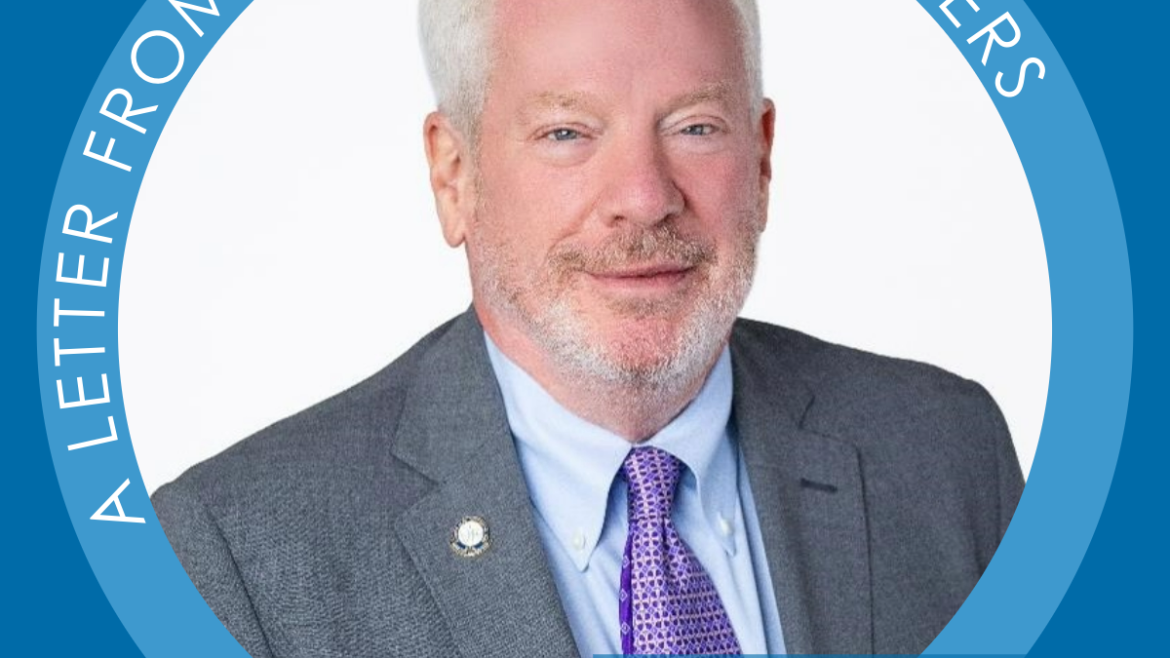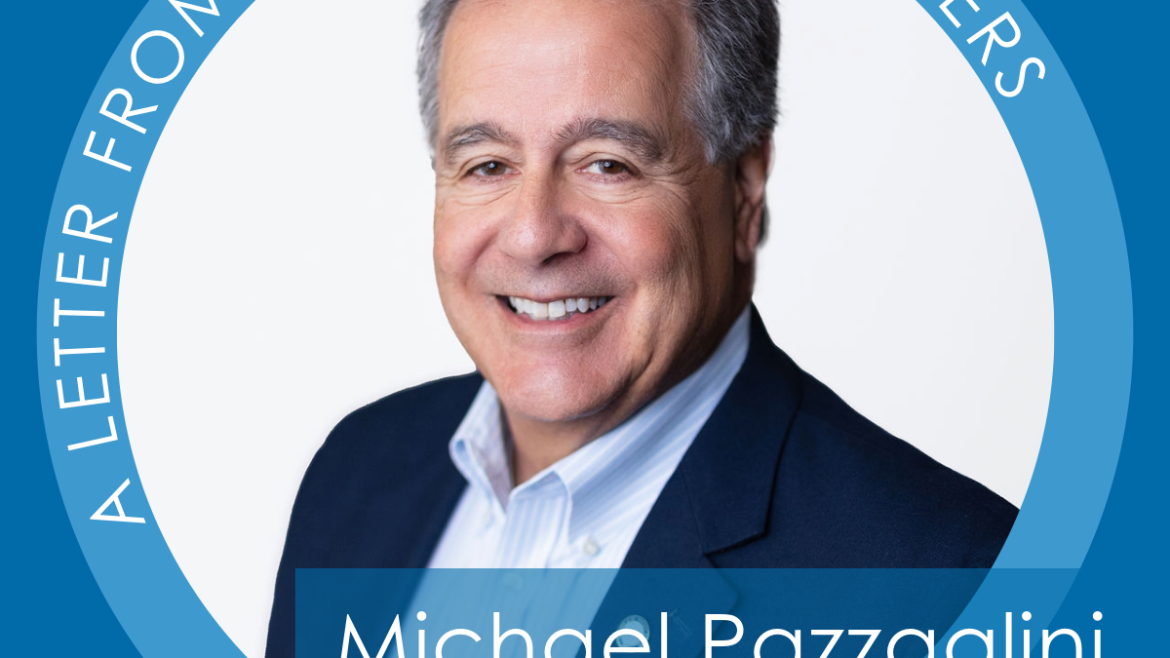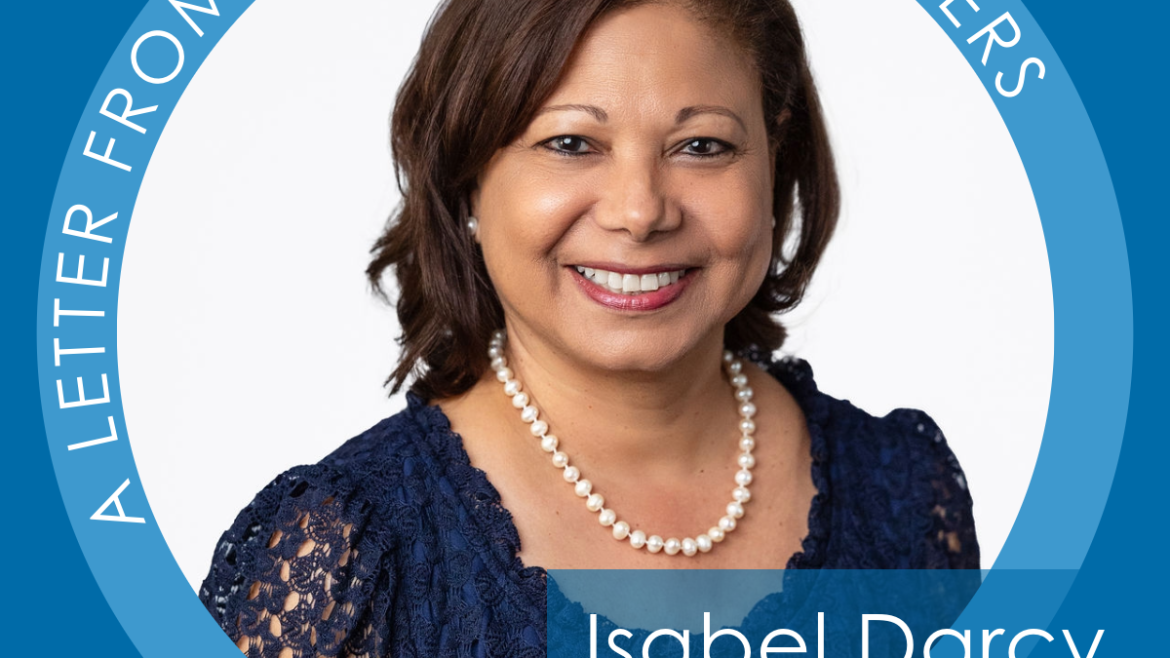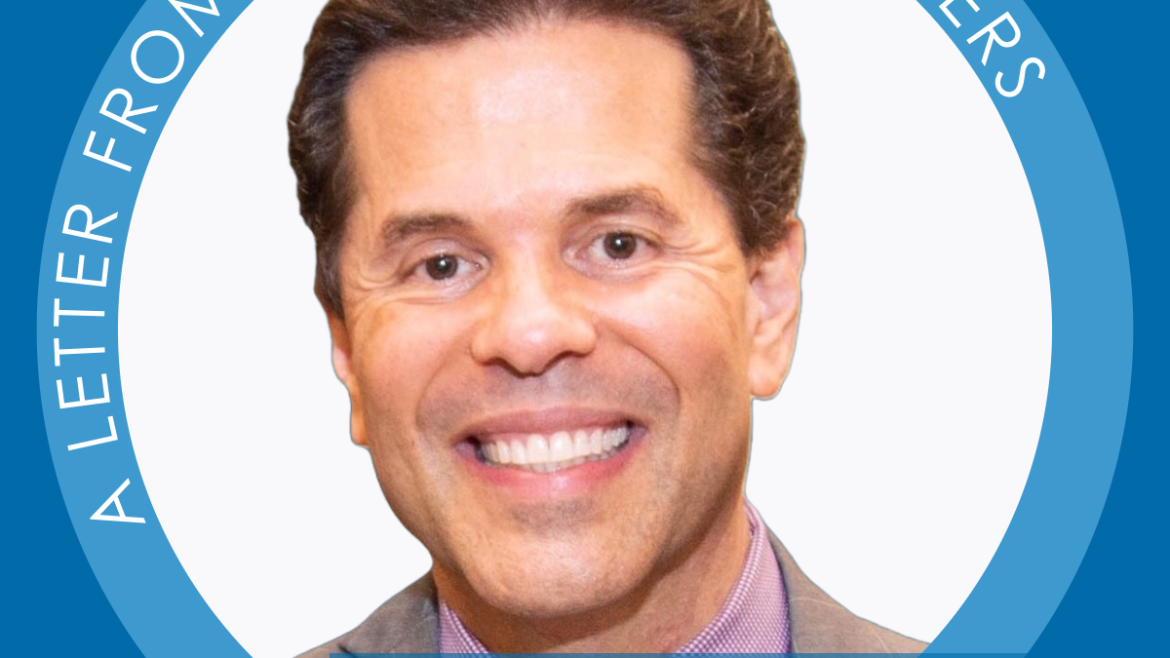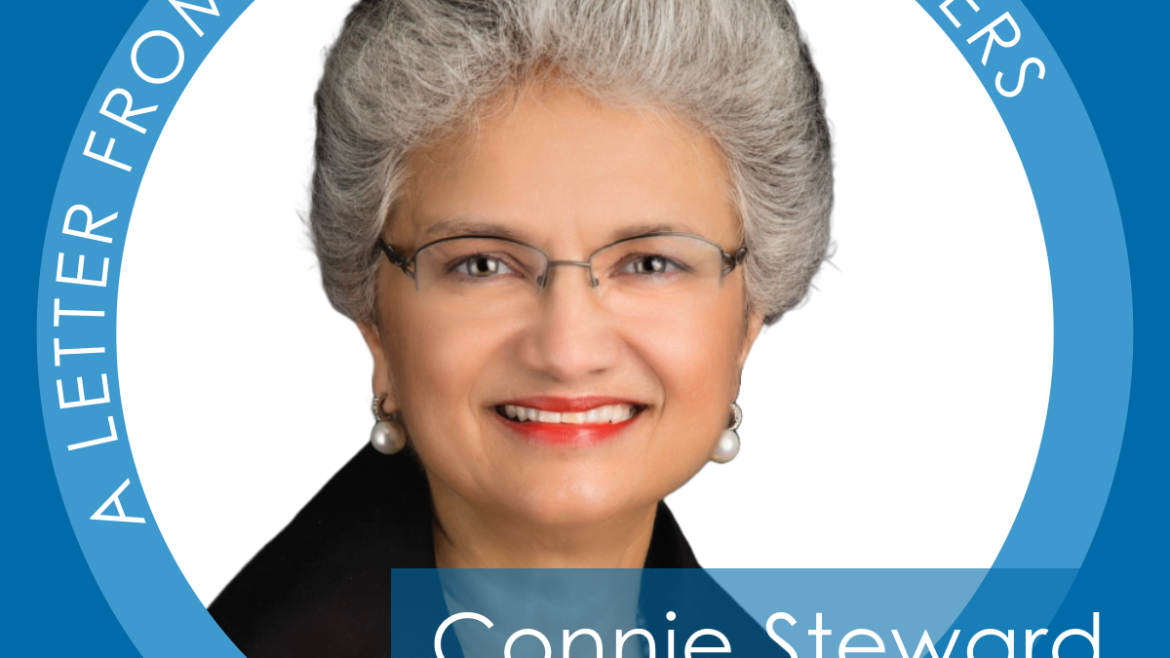The other day, I was speaking to one of our Vincentians and she asked me, “Hey, what ever happened to VisionSVdP?” I must say I was a little taken aback by the question, and I asked her why she was asking. I told her that VisionSVdP was going full speed ahead and that we were in the final two months of Phase I, with many local Conferences and Councils holding listening sessions (as a matter of fact, my own Conference just held our listening session at the end of October). She said, “OK, but you haven’t been saying much about it lately. Maybe it’s time for an update?” Great idea! So, here we are.
Over the last year, you have heard and read about VisionSVdP, our “family conversation” that we are using to answer the call in our Rule to ‘Adapt to a Changing World.’ I first spoke about this after my Installation as National President in St. Louis in October 2023, and I have written about it often in the e-Gazette Servant Leader column and other places. We officially kicked off VisionSVdP at the 2024 Midyear Meeting, and since that time, we have held literally hundreds of listening sessions at Regional meetings, Council meetings, Conference meetings, and the National Assembly in Phoenix.
In case you are new to the Society, or you’ve been hiding under a rock for the last year (only kidding), you might be asking, “What is this VisionSVdP he is talking about?” Let me start by telling you what it is NOT: It’s not a program, it’s not a strategic planning process, it’s not a reorganization, it’s not a fundraising campaign, it’s not a make-work effort for already burdened Vincentians trying to serve people in need.
Well then, WHAT IS IT? you ask. Well, it’s a conversation. A Synodal (from the Greek for “journeying together”) conversation about the Society of St. Vincent de Paul. What’s good about it? What’s not so good about it? What are we doing right? What might we be doing better? What are we doing that we don’t need to be doing? What aren’t we doing that we should be doing? What’s enriching your spiritual life as a Vincentian? What’s stressing your spiritual life as a Vincentian? Why are we getting older and greyer, even though we are trying to bring young people into our membership? Why can’t we move the needle on increasing diversity despite years of trying? Why are we still using pen and paper to complete casework forms when our grandkids are using tablets to do their homework in first grade?
Get it? A conversation guided by, blessed by, and driven by God through the Holy Spirit.
The next question on your mind is probably, “Why are we doing this?”
There are a lot of reasons! As I mentioned above, The Rule, written in 1836, call us to periodically ‘Adapt to a Changing World.’ In Part I, 1.6 The Rule says: “Faithful to the spirit of its founders, the Society constantly strives for renewal, adapting to changing world conditions. It seeks to be aware of the changes that occur in human society and the new types of poverty that may be identified or anticipated. It gives priority to the poorest of the poor and to those who are most rejected by society.”
The last few decades have brought changing conditions in the U.S. and around the world that demand we look at how we must adapt and renew. Those changes were accelerated and exacerbated by the pandemic and the economic challenges faced here and abroad. We must look at the Society in the light of the realities of today and tomorrow, and we must change where change is called for.
So, for the last eight months we have been talking, listening, and through it all, respecting every person’s views. That is Phase I, which will end December 31. If your Conference or Council has NOT held a Listening Session yet — you need to. Because EVERY VOICE MATTERS and we want to hear from you!
If you need help getting started, contact Jill Pioter at the National Council and she’ll get you everything you need.
Phase II begins next year. It’s the hardest and most complicated part. Because that’s when we start going through the thousands of comments we’ve received, then work on planning how we move forward. We are going to talk for a LONG TIME. We are going to talk about that planning for another year at least at every level in the Society — because EVERY VOICE MATTERS.
And then we’re going to assimilate it and put together an Action Plan.
We’re gonna talk together! A lot!
Because EVERY VOICE MATTERS!
Peace and God’s blessings,
John
John Berry
National President

